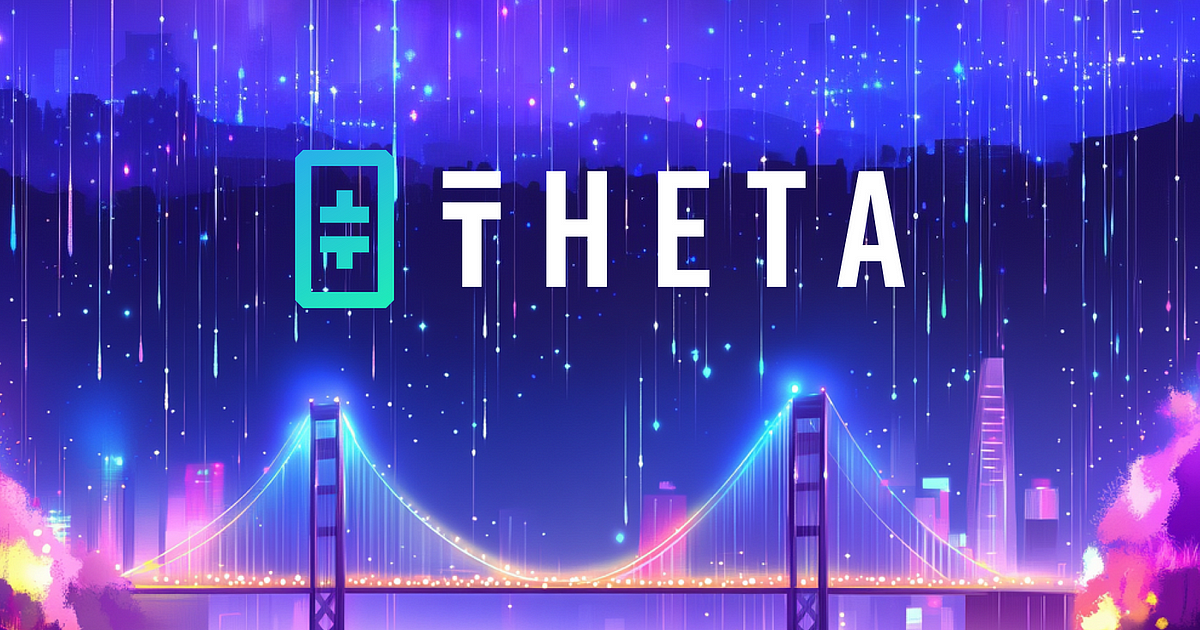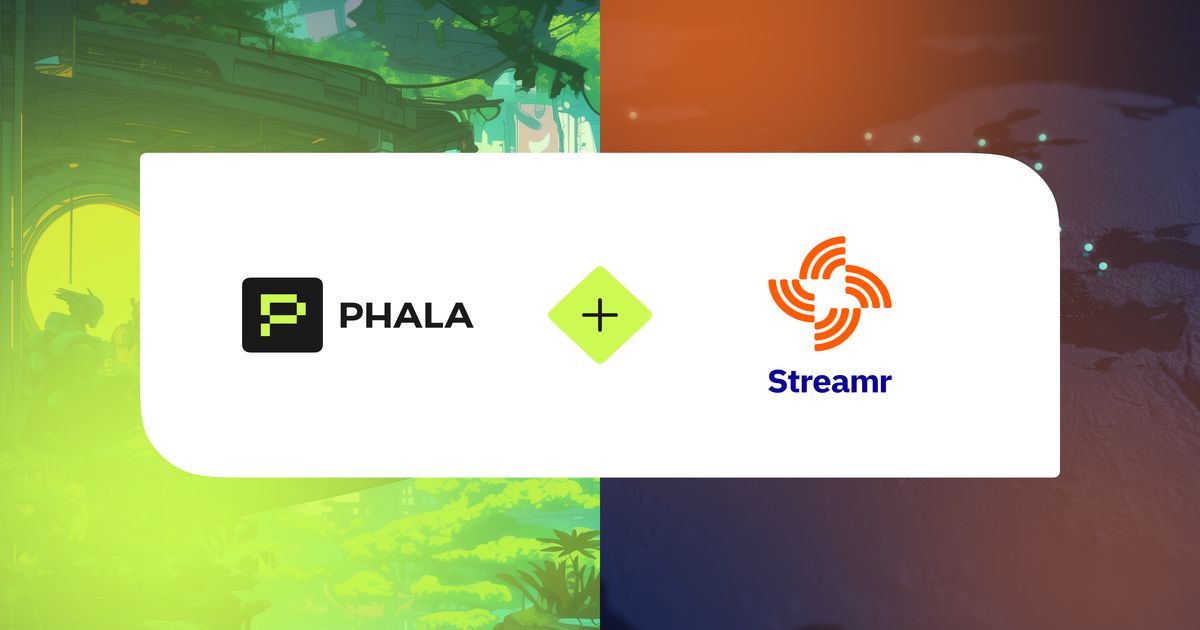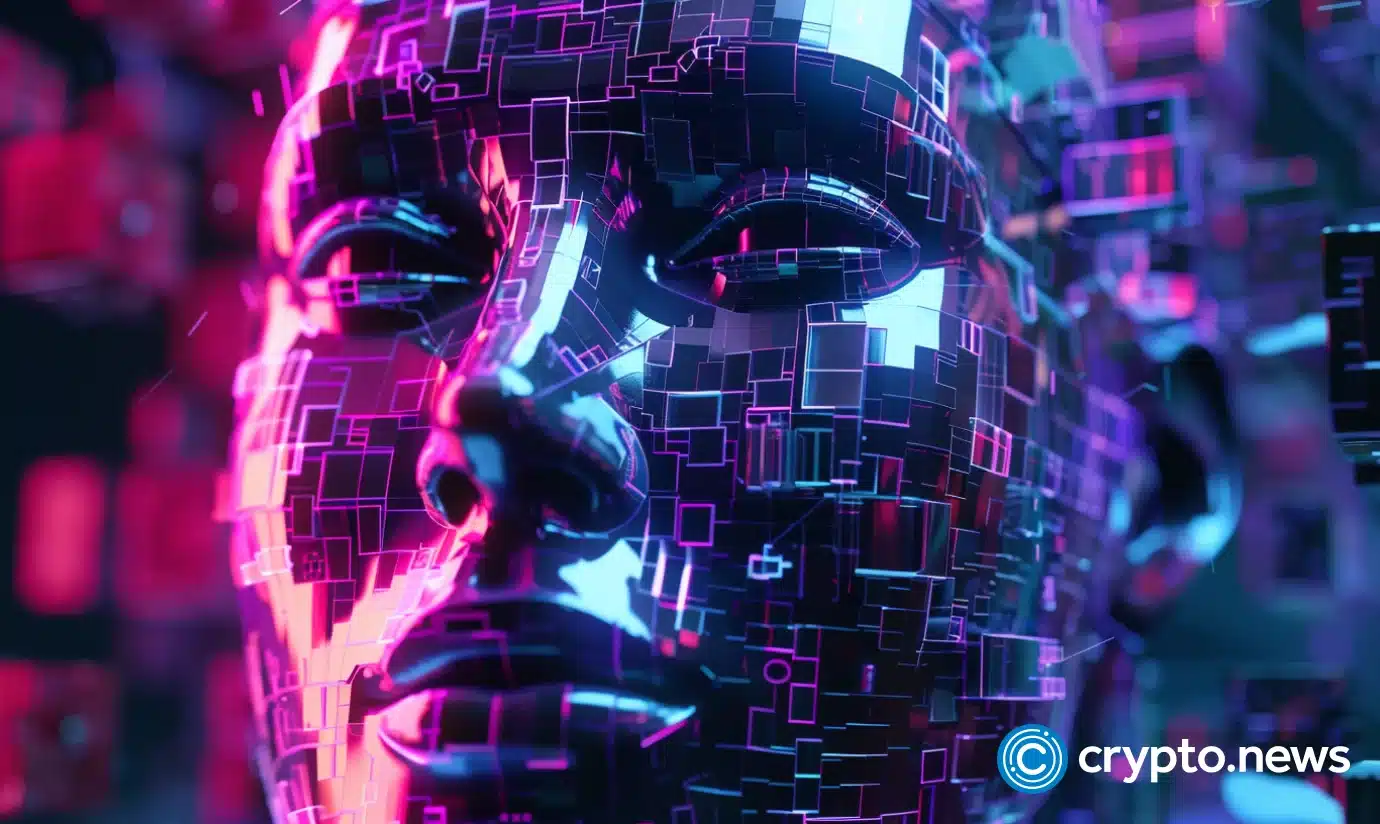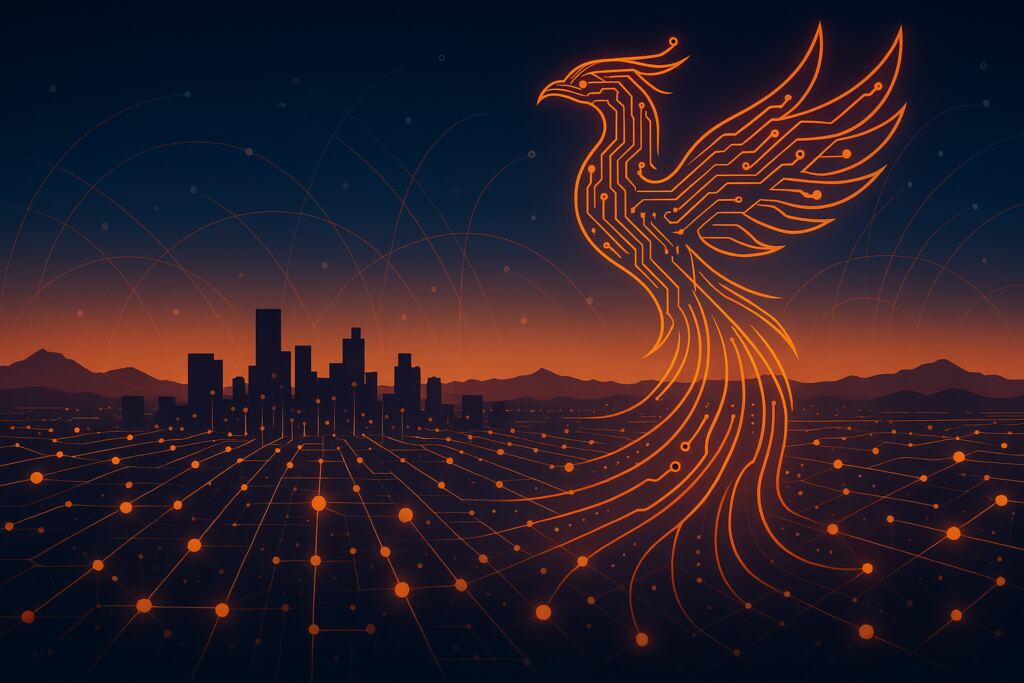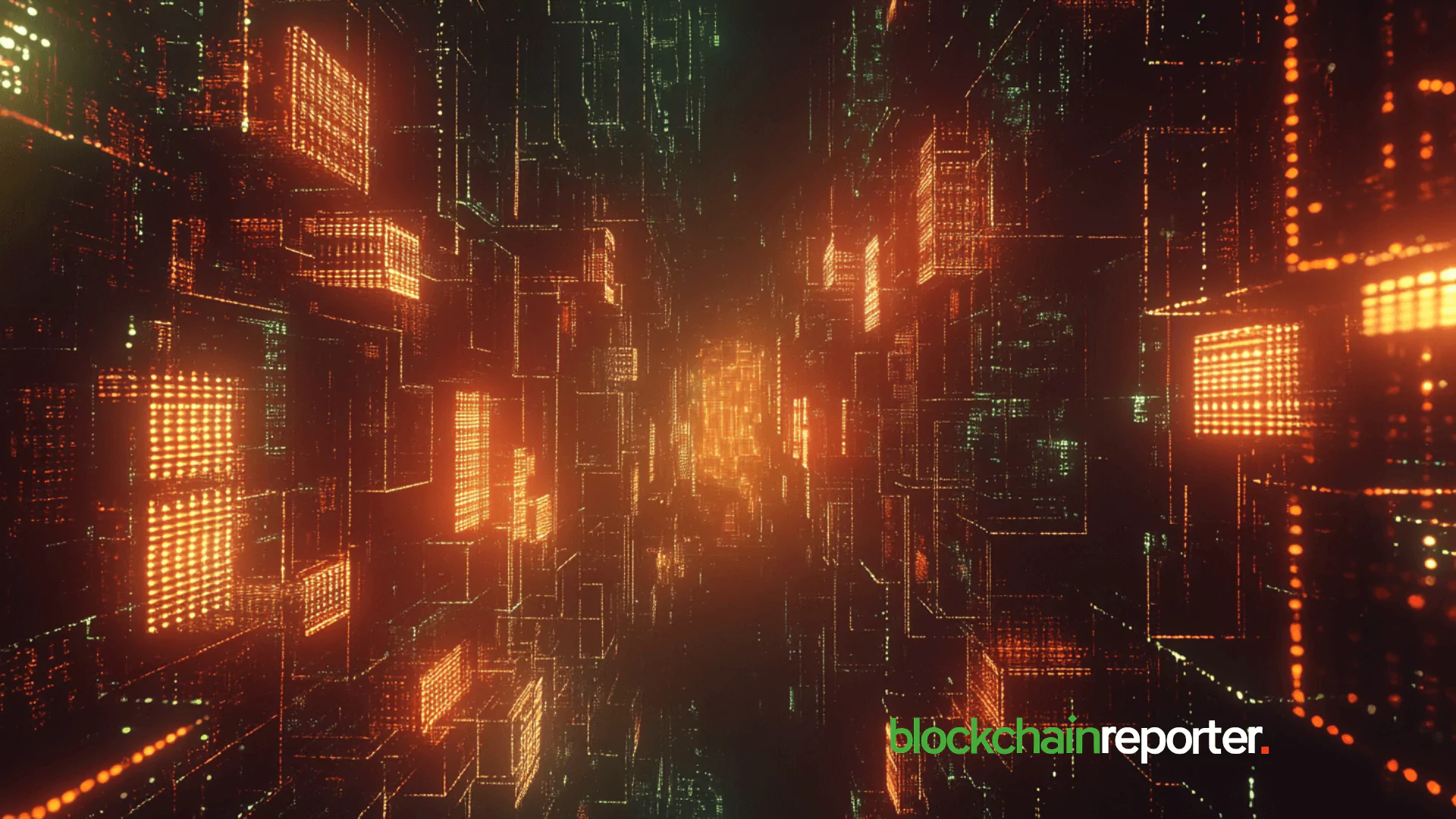High Investments in AI and DePIN

Investments in AI have reached unprecedented heights. According to a report from Stanford University, countries such as the United States, China, and several European nations invested colossal amounts in AI companies between 2013 and 2022. The United States leads with $248.9 billion, followed by China with $95.1 billion, and the United Kingdom with $18.2 billion. These investments aim to improve AI capabilities in areas such as healthcare, finance, logistics, and many others. Tech giants like Amazon, Google, and Microsoft are at the forefront of this revolution, developing AI solutions that promise to transform our daily lives.
Meanwhile, the DePIN (Decentralized Physical Infrastructure Networks) market is in full expansion. DePIN combines the digital capabilities of blockchain with physical infrastructures like data storage and power grids. This synergy creates more efficient, resilient, and privacy-respecting systems. In 2024, the DePIN sector attracted colossal investments of $246 million, spread over 70 transactions. DePIN projects are particularly promising for executing complex calculations and managing large amounts of data.
Related News
